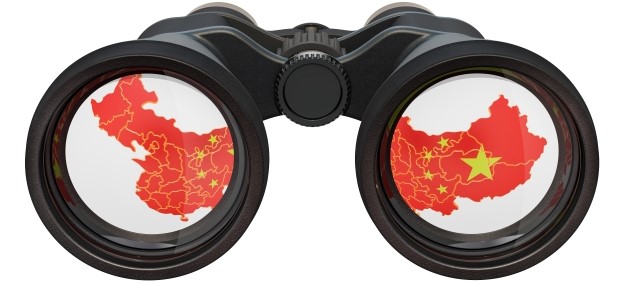
An expert on China shares how tech firms should prepare to navigate the Chinese government’s recent pivot.
By Joseph Neu
Some Western observers are quick to see a Chinese Communist Party crackdown on technology companies as a reaction to the rising power of tech giants. But you can also view it through a social lens that aligns with the equity and inclusion goals of many global corporations. Seen this way, it may be more of a China-specific approach to a global trend reconsidering the cost of unbridled success, which tech companies have enjoyed even more during the pandemic.
- This insight emerged at the recent NeuGroup for Tech Treasurers (aka Tech20) annual meeting, marking the group’s 20th anniversary, during a session on the treasury and finance implications of the tech sector coming under growing scrutiny in the US and globally.
- The session featured a China expert whose perspective helped fuse this theme with ideas discussed in an earlier session on social impact investment (the S in ESG)—a follow-up to the “Ripple in the Pond” initiative the group launched in May.
Success comes with a price. While policy in China previously favored openness to trade and growth of 8% or more, there is now a growing acceptance that a policy that provides better balance of success may be preferrable, even if it delivers growth of 4% to 5%, which is still robust compared to most developed countries.
- “The idea that success comes with a price reached a critical peak,” according to the China expert. “People talked about wanting balance, but there was no action before, and even regulators were pushing growth.”
A long-term directional change. Firms active in China should see this as a long-term directional change, our expert advised. Both government and society in China has formed a consensus that economic growth must come in balance with other desired outcomes. This is not a short-term adjustment.
- This long-term directional change also fits into ESG, which is a concept that has become very familiar to Chinese companies. Regulation to balance the costs of growth is being aligned with ESG commitments, including those for net zero carbon, both for China and global consumption.
- Along with the environmental commitments, equity and inclusion is being emphasized in China, which is seeking a better balance of wealth distribution. This also explains the recent crackdown on cram schools that allow the wealthy to get their kids into the top schools, which is unfair to those who cannot afford them.
- “If you look at the regulatory changes in the last few years,” they have impacted more than just tech and are felt broadly across industries, “with some benefiting and some getting hit,” the China expert noted.
Growth with balance or growth with self-reliance. The other nuance for this China take on ESG is growth with self-reliance. Self-reliance is on one hand a response to overreliance on global trade and a backlash on overreliance on China expressed by the US and other nations.
- On the other hand, it fits with objectives China has expressed to become a global leader, or self-reliant, in key strategic areas. For tech, this means key technology components, like semiconductors. Any investment that helps China become more self-reliant in these will be well received.
- So will investment that promotes growth balance, which includes being good for the environment and social equity and inclusion, also known as common prosperity.
- This helps explain why Western companies like Tesla continue to be successful in China, and anyone providing green tech as well. It’s also why internet, social media and gaming companies got hit hardest. They are perceived as encouraging excess, overconsumption and growth out of balance, with uneven benefits derived from monopoly power and massively powerful platforms.
- For this reason, many of these companies have added ESG and common prosperity elements to their corporate goals. Investment and initiative in support of these will get funded over those favoring unbalanced growth.
ESG-finance mandates in support. Much like in the rest of the world, but with a China-specific way of doing it, finance and treasury departments at Chinese companies are also scrambling to support ESG goals and initiatives with green, sustainability and social finance efforts. This will also serve them well with global investors guided by ESG mandates.
- NeuGroup members looking to inspire Chinese peers with social impact investment examples will find an eager audience. So may financial service firms offering to advise and help them issue green- or social bonds, arrange sustainability or social-linked financings, provide ESG scores or assessments and otherwise help them invest in growth with balance or growth with self-reliance.
- Stakeholder capitalism efforts will also flourish in support of greening and carbon reduction in the supply chain, better pay and benefits for employees to balance growth to benefit society.
- Put another way, like our members, more Chinese companies will be looking to have their company do better to support all stakeholders and finance and treasury professionals will be looking to support the business to do better in this same way, too.


